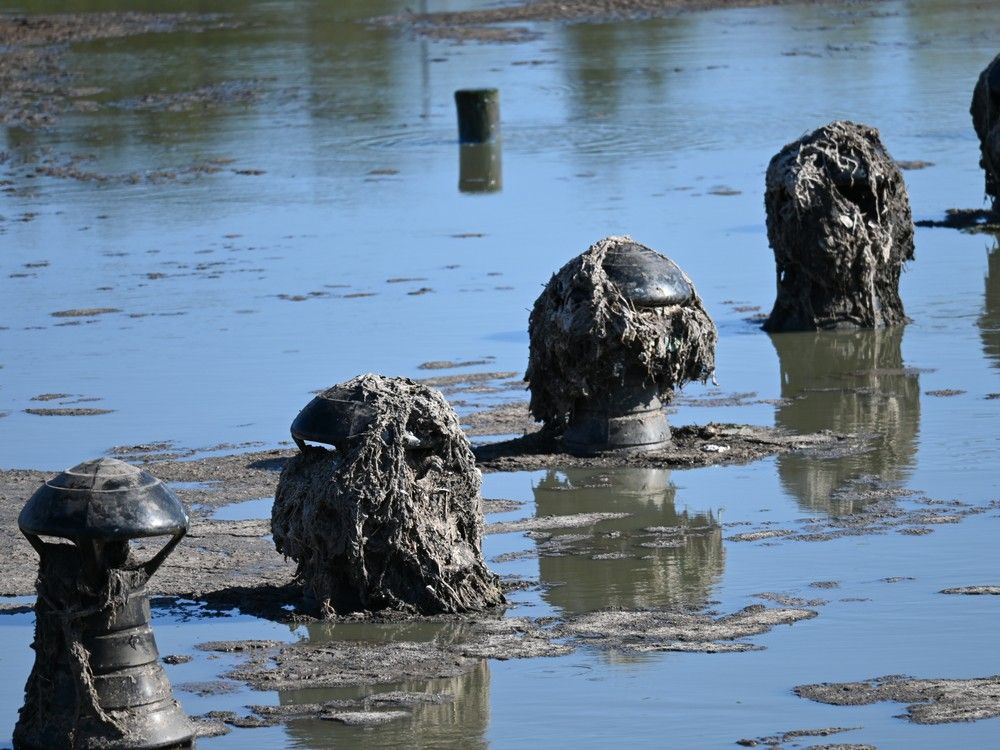
Metro Vancouver is taking aim at so-called flushable wipes that end up clogging toilets and costing the region millions of dollars in sewer system damage.
The regional authority launched a new campaign this week to remind residents that wipes, including those labelled “flushable,” belong in the garbage bin, not the toilet.
“Wipes don’t break down like toilet paper — they cause clogs that jam pipes, pumps and other infrastructure. Yet, many are falsely labelled ‘flushable,’” said Richmond Mayor Malcolm Brodie, who also chairs the liquid waste committee for Metro.
Part of the problem is the lack of regulation on which products can be labelled “flushable,” he said, “so anyone can claim their products are safe to flush, regardless of how destructive they really are.”
Metro spends more than $2 million a year dealing with damage caused by wipes and other unflushable items.
Last year, Metro proposed a motion adopted by the Federation of Canadian Municipalities asking the federal government to regulate what products can be called “flushable.”
In the meantime, it says residents should put wipes, including those labelled “compostable” or “biodegradable,” in the trash.
“Most people are already doing the right thing, but we need everyone to remember — only flush pee, poo and toilet paper,” said Burnaby mayor and Metro chairman Mike Hurley.
Metro cited the results of a recent survey that found about a quarter of residents flush wipes at least occasionally, with men ages 18 to 35 being the most likely culprits.
Other items that shouldn’t be flushed down the toilet include paper towels, hair, floss, disposable menstrual products, condoms and medications.
Related